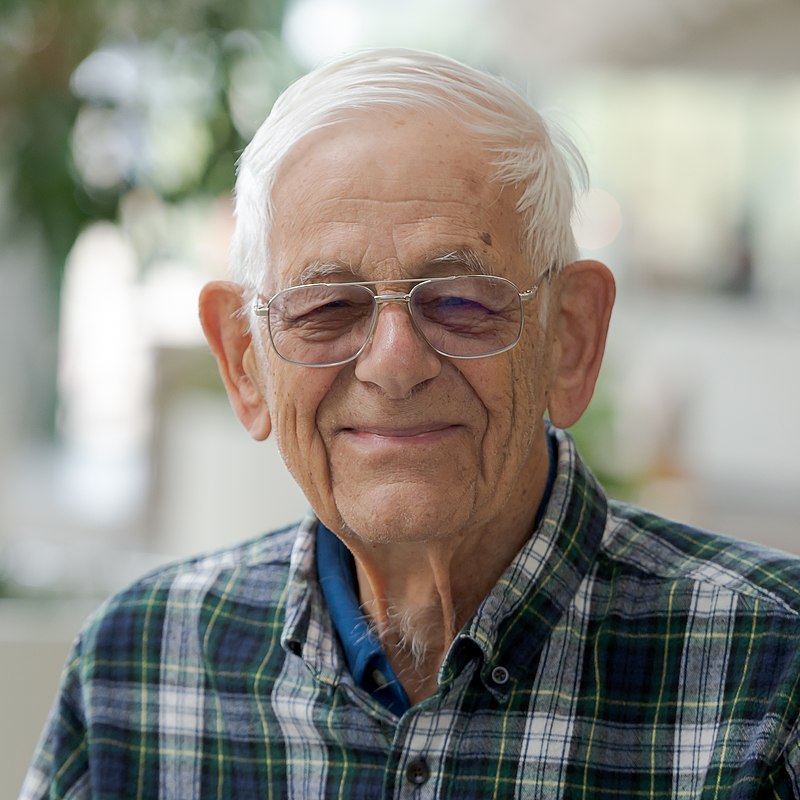How Benioff Paul’s Quantum Computing Theory Formed The Foundation Of Quantum Computers?
Quantum computing brings new spectacles that changed many things about conventional computing. No doubt, traditional computing is efficient. But a large data handling using classical computers that utilizes conventional computing might fail. However, a quantum computer could perform such a complex computation. In the 20th century, Quantum computing was a rising field for research. That time, Paul Benioff helped with his research in quantum information theory. Also, it proved the theoretical possibility of a quantum computer. In fact, he introduced the world for the first time that computers could operate as per the law of quantum mechanics.
Paul Benioff’s Journey
Paul Benioff is an American physicist, well known for his research in quantum computing. In 1970, he started research on the non-classical method of computation. In a short duration, he proposed the theoretical feasibility of quantum computing. Other than this, he researched various fields of chemistry, physics, and mathematics.

Early life
Paul Benioff was born in Pasadena in California on May 1, 1930. Paul’s father was a seismology professor at the California Institute of Technology. Also, his mother was English graduated at that time. Apparently, the well-educated family background must be helpful to developed interest in science.
Education
For an undergraduate degree in Botany, Benioff attended the University of California, Berkeley. In 1951, he completed his under-graduation course. After that, he worked for TracerLab in the field of nuclear chemistry. In 1959, after returning to Berkeley Paul obtained a Ph.D. in nuclear chemistry.
Career
Paul starts his career as a post-doctoral fellow at the Weizmann Institute of Science. He completed that internship in 1960. After that, he worked for six months as a Ford fellow at Niels Bohr Institute. It was the well-known institute of that period. In 1961, he grabbed the chance to work at Argonne National Lab. In fact, he worked there until 1995. During 1961-1978, he worked in the chemistry division. However, after 1978 he changed his division to Environmental impact Division.
Apart from that, he was a visiting professor at Tel Aviv University in 1979. He taught the quantum mechanics foundation which was his research topic. Also, he worked as a visiting scientist for two years at CNRS Marseilles.
Research in Quantum Computing
In the 1970s, he began research in the non-conventional computing method, i.e., Quantum computing. In the early stages, he presented several research papers in this field. Later, he published a complete description of Turing Machines’ quantum mechanical model in 1980. This model was based on Charles H. Bennett’s reversible Turing machine. However, Paul Benioff’s theoretical presentation on the quantum computer was efficient enough to eliminate the dissipation of excessive energy.
At the same time, it was reversible. In fact, his research paper was first that showed reversible quantum computing is theoretically possible. Based on his research, many other scientists discover the field of quantum computing. Surely, Benioff formed the foundation for quantum computing.
How Benioff’s research set the foundation for quantum computers?
In 1982, he published a revised paper on quantum mechanical Turing machines. Based on this, Richard Feynman developed a universal quantum simulator. Furthermore, based on Benioff and Feynman’s research, other scientist Deutsch showed the power of quantum computers. He proposed that with quantum computers, computational problems can be solved faster. Because the classic computer was not effective in handling large numbers.
Quantum computing- Centre of Attraction
Benioff continued his research and published many papers. Also, several other researchers followed his research and came up with new discoveries in the field of quantum computing. Soon, quantum computing became the topic of attraction. The industrial sector, banking sector as well as government agencies kept a constant eye on this field. In fact, this field became an attraction for many other scientists. Presently, quantum computing is a fast-growing research sector that offers applications in cybersecurity, cryptography and many other fields.
Other researches of Paul Benioff
Other than quantum computing, he researched nuclear reaction theory. Also, he conducted research to show the relationship between physics and mathematics foundation. In fact, Benioff continues research in physics after retirement.
Later Success
Benioff honored with many prestigious awards. Includes, Quantum communication award for the International organization in 2000. Also, he awarded with Quantum computing and communication prize from Tamagawa University, Japan. In 2001, he honored with Special University of Chicago medal for his extraordinary performance at Argonne National Lab. Furthermore, Argonne Lab held a conference in Benioff’s honor for his work in quantum computing.
Today, his contribution to quantum computing enables the field of research for quantum mechanical models, quantum robots, and other quantum computing topics.

Jayshri is an Electronics Engineer, but her passion towards writing made her to be in this field. Apart from content writing, she loves reading, writing and surfing on various topics. In her free time, she likes to watch TV series and news. Sherlock Holmes is her all time favorite show. Jayshri loves cooking various Indian-western dishes.
